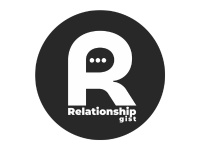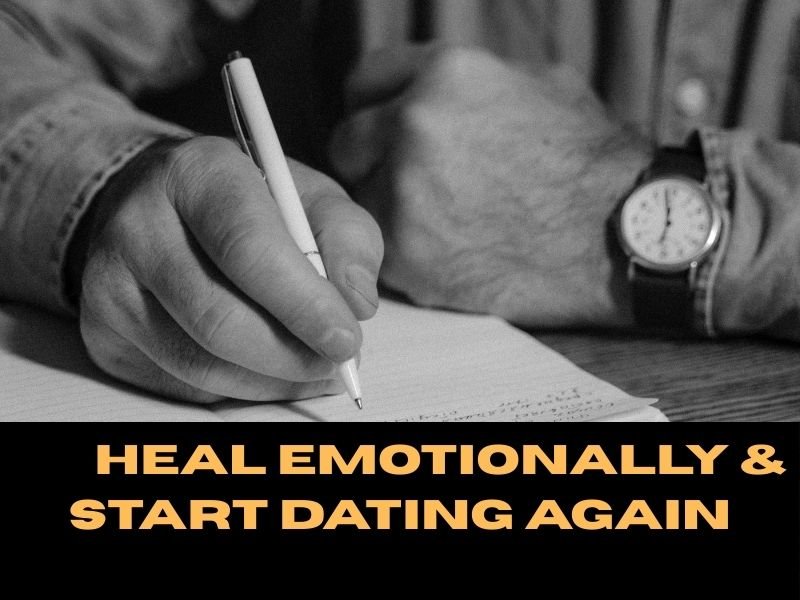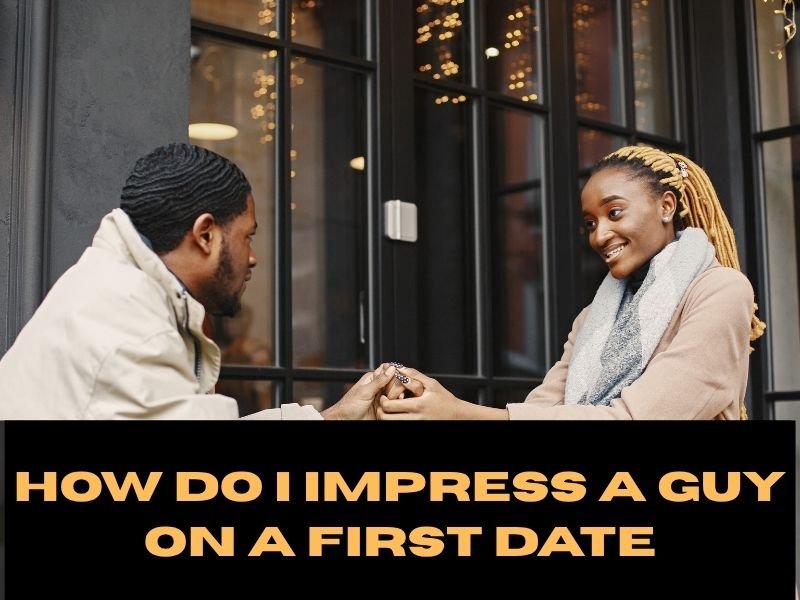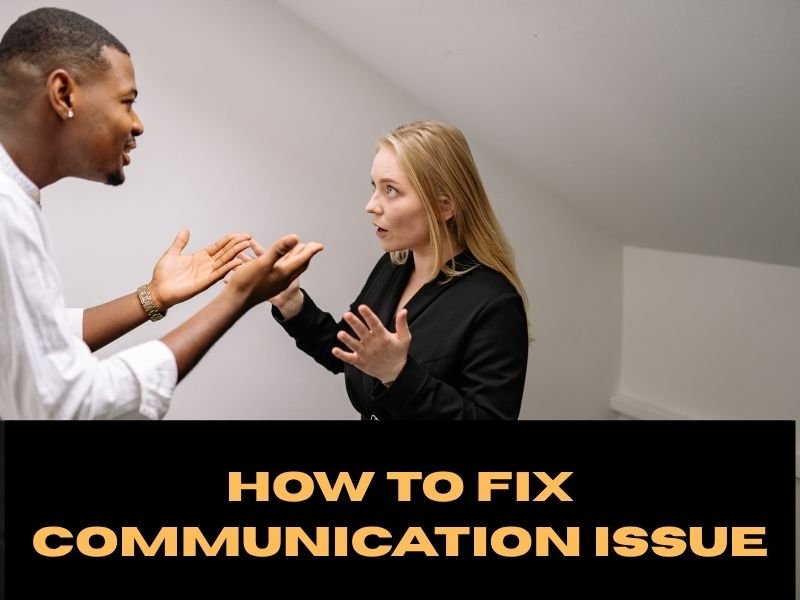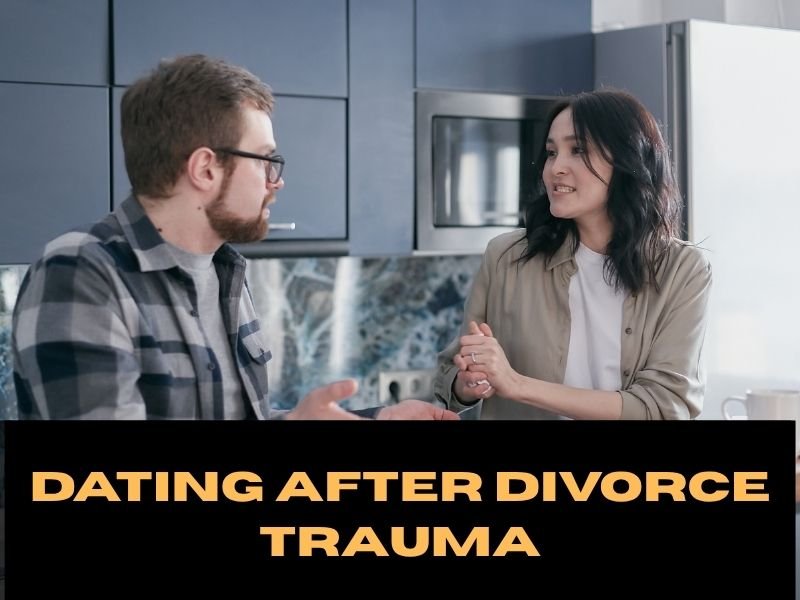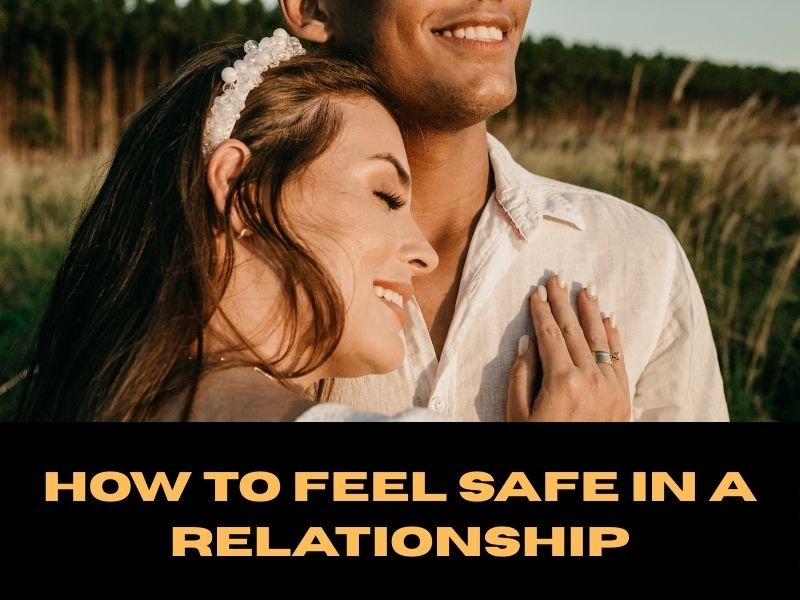 Breakup therapy is a structured process that aids in the recovery of your heart and mind following a traumatic breakup; it’s not just about lying on a couch and talking to a professional. Breakup therapy helps you process the grief, manage anxiety, and rediscover your strength so you can move forward with clarity and hope. This can be achieved through journaling, emotional exercises, guided counseling, or just learning new coping mechanisms.
Breakup therapy is a structured process that aids in the recovery of your heart and mind following a traumatic breakup; it’s not just about lying on a couch and talking to a professional. Breakup therapy helps you process the grief, manage anxiety, and rediscover your strength so you can move forward with clarity and hope. This can be achieved through journaling, emotional exercises, guided counseling, or just learning new coping mechanisms.
For men and women between the ages of 18 and 40, breaking up can feel like an emotional crash, especially if you thought you would be with that person in the future. You may experience trouble sleeping, feel less confident about yourself, or even struggle to want to date again. This guide will show you tried-and-true breakup therapy methods that will help you heal emotionally and get back into the dating scene when you are ready, and not because you are lonely, but because you are confident and whole.
Acknowledge Your Feelings Instead of Suppressing Them
One of the first things you do in breakup therapy is learn how to deal with your feelings instead of running away from them. A lot of people try to numb the pain with distractions, rebound relationships, or endless scrolling, but feelings that are buried will come back even stronger. Don’t judge yourself for feeling sad, angry, confused, or even relieved. These feelings don’t mean you are weak; they mean the relationship was important and you are a person.
You start to gradually let go of the emotional burden you’ve been bearing when you allow yourself to feel. You could write in a journal, cry, or have an open conversation with a friend. Instead of allowing your emotions to fester beneath the surface, the act of simply acknowledging them aids in their processing. The moment you stop acting as though everything is fine and begin to listen to what your heart is telling you, true healing starts.
Remove Physical and Digital Triggers That Keep You Stuck
When visual reminders of your past continuously reopen emotional wounds, healing is nearly impossible. As an example, consider attempting to recuperate from surgery while someone continues to touch the stitches daily. This would impede the healing process and result in needless discomfort. In a similar vein, you remain emotionally attached to a chapter that needs to end if you still have your ex’s hoodie in your closet, pictures of them on your phone, or their messages saved.
It may be hard at first to get rid of things like gifts, printed photos, or even shared playlists, but it’s an important part of breakup therapy. Deleting old messages, unfollowing or muting your ex, and getting rid of sentimental digital memories can help you avoid emotional triggers that make you feel bad. This step isn’t about forgetting the past; it’s about making room for healing and growth so you can move on with purpose and calm.
Breakup Therapy Techniques to Help You Find Closure
 Finding inner peace is more important for closure than asking your ex for answers. Writing a letter to your ex that you don’t send, journaling about the lessons you learned from the relationship, or engaging in mindfulness exercises that let you examine your thoughts objectively are some of the techniques that breakup therapy offers to help you process unresolved emotions. Instead of allowing your feelings to fester into bitterness or despair, these therapeutic techniques provide a constructive outlet.
Finding inner peace is more important for closure than asking your ex for answers. Writing a letter to your ex that you don’t send, journaling about the lessons you learned from the relationship, or engaging in mindfulness exercises that let you examine your thoughts objectively are some of the techniques that breakup therapy offers to help you process unresolved emotions. Instead of allowing your feelings to fester into bitterness or despair, these therapeutic techniques provide a constructive outlet.
You really close the door when you stop thinking about “why it ended” and start thinking about “what I learned” and “who I am becoming next.” Some people find closure by having a calm last conversation, while others find it by staying quiet and getting used to new routines. You have to consciously accept that the relationship served its purpose and no longer defines who you are. Once you accept this truth deep down, you can naturally imagine a better future and be ready to meet someone new with a healed heart.
Self-Care Rituals That Support Emotional Healing
After a breakup, taking care of yourself isn’t a luxury; it’s a way to stay alive. Breakup therapy tells you to focus on habits that help your mind and body get back in balance, like getting enough sleep, working out regularly, eating healthy meals, and doing relaxation exercises like deep breathing or meditation. These things can help you feel better, boost your confidence, and remind you that you deserve to feel good again.
Self-care is like charging your phone battery. You will eventually run out of energy if you keep using every app (stress, overthinking, stalking your ex online) without plugging it in. But when you do little things on purpose, like going for a walk, watching a funny show, making a healthy meal, or getting a new haircut, it’s like plugging yourself back in. You don’t have to be perfect every day; you just have to keep doing things that make you feel better.
When to Seek Professional Therapy or Counseling

There are times when professional help is necessary, even though many people can heal on their own over time. If your breakup is making you very anxious, depressed, or have intrusive thoughts, or if you are having trouble with everyday tasks like sleeping, eating, or even getting out of bed, therapy or counseling can help you get the structured support you need. A licensed therapist can help you figure out deeper emotional patterns and show you how to deal with them in a way that works for you.
Getting professional help doesn’t mean you are weak or completely helpless, as some people may suggest; it just means you are taking a healthier, faster route to getting better. When you want real results, think of it like hiring a personal trainer: you could work out on your own, but a coach uses proven methods to push you in the right direction. Getting professional help, whether it’s through individual therapy, group counseling, or an online mental health platform, can help you break bad habits, get a clearer picture of your situation, and build your emotional strength more quickly.
Rebuilding Confidence and Self-Worth Before Dating Again
Before you can fully open your heart to someone new, it’s important to rebuild the relationship you have with yourself. Breakups often damage your self-confidence, making you question your worth or blame yourself for everything that went wrong. Breakup therapy encourages practices that help you rediscover your strengths, talents, values, and goals outside of any relationship. Start focusing on your accomplishments, set new personal goals, and celebrate small wins to remind yourself that you are whole and valuable on your own.
Making a positive routine that shows the kind of person you want to be can also help you feel better about yourself. Learning a new skill, taking a fitness class, or even changing your style can all make you feel like a whole new person. You start to feel safer and less reliant on outside approval as your confidence grows. This new sense of self-worth will help you have a better dating life, one where you choose a partner from a place of strength instead of desperation.
How to Know You Are Ready to Start Dating Again
It’s not about how long it’s been since your last relationship; it’s about how emotionally ready you are to date again. It’s a good sign that you are making progress if you can think about your ex without feeling a lot of pain, anger, or longing. You don’t check their social media anymore, you feel fine being alone, and you are looking forward to meeting new people instead of being scared. Your heart is ready to look for love again when you can talk about the breakup calmly and see it as a lesson instead of a wound.
Think about Maya, who is 28 years old and just got out of a three-year relationship that was very hard for her. At first, she felt empty and went on random dates to show that she had moved on, but each date made her feel worse. She started to feel whole again after taking some time to write in a journal, work out, reconnect with friends, and think about her career goals. Months later, Maya realized that she could smile when she thought about her future and was even interested in meeting someone new. You didn’t have to make that change; it happened naturally. That’s the kind of readiness you need before you start dating again.
Dating After a Breakup — Healthy Mindsets for Men and Women
It can be exciting and scary to start dating again after a bad breakup. The most important thing is to go into it with a healthy attitude, not as a way to fill a void, but as a chance to connect with someone from a new and healed place. You shouldn’t compare a new person to your ex because they don’t deserve to compete with the past. Be curious about each date instead of expecting something to happen. Let things happen naturally without feeling like you have to rush into a commitment.
Setting limits and being honest about what you need are also important parts of healthy dating after a breakup. Don’t give up your morals just to keep someone interested, and don’t ignore warning signs just to avoid being alone. If you have a healthy mind, you know that you deserve respect, emotional safety, and effort from both sides, whether you are a man or a woman. When you date with confidence and self-awareness, you keep your heart safe while also opening it up to real connection. This lets love grow in a healthier, more genuine way.
Mistakes to Avoid While Healing and Dating Again

People often make the big mistake of rushing into a rebound relationship while they are still recovering. To put it another way, think of emotional healing as a way to get better after a broken bone. If you start running before the bone is fully healed, you will hurt it more and take longer to heal. In the same way, starting a new relationship before you deal with your emotional pain often leads to more heartbreak, repeating the same mistakes, and emotional exhaustion. It’s essential to give yourself adequate time to recover and understand what went wrong so you don’t repeat the same behaviors with someone new.
Another common mistake is to put the ex on a pedestal or blame them for every relationship that goes wrong. If you don’t take responsibility or think about your part in things, you miss out on the chance to grow. Also, comparing every new person to your ex only makes it harder for you to be open with your feelings and sets you up for disappointment. It’s better to think of each new connection as a new experience, not a replacement, an upgrade, or a test. You protect your emotional growth and make room for healthier love in the future by not making these mistakes.
Conclusion
Healing after a breakup is not a race; it is a personal process that demands patience, self-awareness, and compassion. Just as a house needs a solid foundation before it can support new walls and a new roof, your emotional foundation must be restored before you can build a new relationship upon it. Breakup therapy helps you reinforce that foundation by guiding you through reflection, self-care, closure, and a renewed sense of identity. When you give yourself the time and tools to heal properly, you not only recover, you also evolve.
The ultimate objective is to proceed wisely, not merely to move on. Although breakups can seem like the end of a relationship, they are frequently the start of a new, healthier chapter in which you are aware of your worth, boundaries, and what true love feels like. You put yourself in a position to welcome new love without the scars of the past by gaining emotional clarity and self-assurance. Recall that healing is about turning suffering into growth rather than forgetting. When you get to that point, choosing to open your heart once more is a hopeful decision rather than a risky one.
Frequently Asked Questions (FAQs)
1. How do I start dating again after a breakup?
You should only resume dating after you’ve moved past the breakup, healed emotionally, and gained stability and self-assurance in your single status. Start slowly, approach dating as an exploration rather than an escape, and concentrate on meeting new people with an open but realistic attitude.
2. What are the stages of healing after a breakup?
Denial, grief, anger, acceptance, self-reflection, and finally, renewal are all normal emotional stages. Everyone moves at their own pace, but therapy, journaling, and taking care of yourself can help you get through each phase more easily.
3. What is the 3-6-9 month rule in a relationship?
The 3-6-9 rule says that big changes in relationships usually happen around the 3rd, 6th, and 9th months, when couples think about how well they get along. It shows times when emotional patterns and deeper problems become clearer.
4. What is the 72-hour rule after a breakup?
The 72-hour rule says that you should wait at least three days before reacting emotionally or getting in touch with your ex. This break gives you time to think more clearly and keeps you from sending messages on the spur of the moment.
5. Who moves on easily after a breakup?
People who have strong emotional support systems, good ways to deal with stress, and a clear sense of who they are tend to get over things more quickly. But the time it takes to heal depends on the person, how they attach to others, and how deep the relationship is.
6. What is the 21-day rule break-up?
This rule says to stay away from your ex for 21 days to help you get over them and start to heal. It’s like a “reset” to break the addiction and get your emotions back in order.
7. Who should reach out first after a breakup?
If both people really want to make up and it’s good for their mental health, either one can reach out. But in most cases, it’s best to wait until both people have had time to think and heal before reaching out again. This will help keep wounds from reopening.
8. What month do most couples break up?
Statistics show that breakups are most common in November and the period before major holidays, often due to seasonal stress, emotional reflection, or unresolved issues becoming more obvious ahead of the holidays.
9. How long does it take for a guy to miss you after no contact?
It depends on his emotional maturity and the nature of the relationship. Some may feel your absence within a week or two, while others may take a few months. No-contact is more about your healing than triggering a reaction.
10. Why do most breakups happen in November?
November is often called “breakup season” because holiday expectations, seasonal mood shifts, and year-end reflection create pressure on unstable relationships, leading many to reevaluate.
11. Which month is known as Heartbreak Month?
March and November are commonly referred to as heartbreak months due to spikes in breakups after holidays and before summer. November is the most cited month for relationship splits.
12. What is the difference between first love and true love?
First love is often intense and exciting, but based on infatuation and new emotions. True love is deeper, stable, based on emotional maturity, respect, growth, and long-term compatibility.
